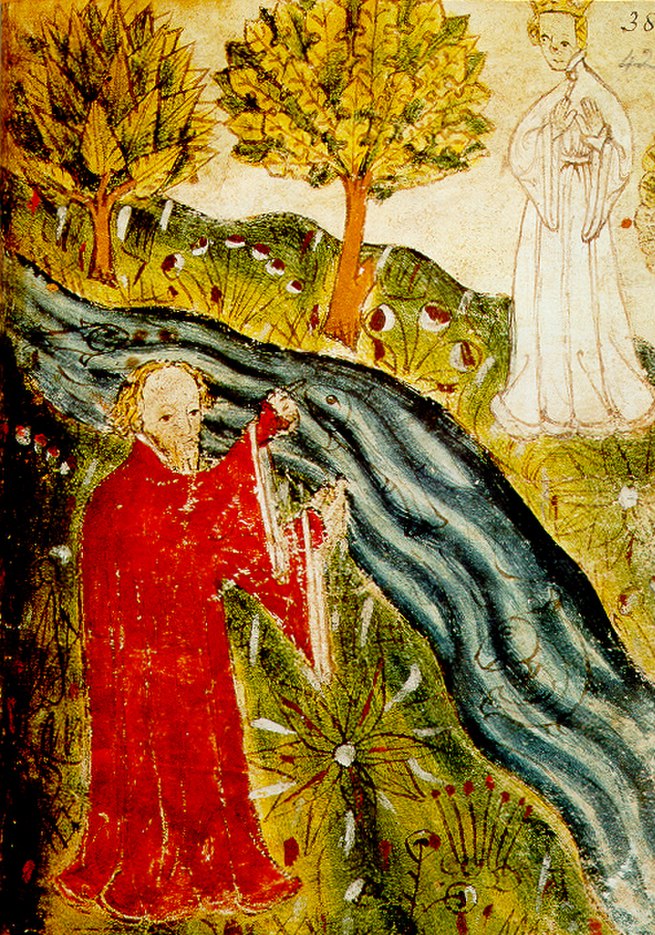
Main Difference
The main difference between Allegory and Parable is that the Allegory is a figure of speech and Parable is a succinct, didactic story which illustrates one or more instructive lessons or principles.
-
Allegory
As a literary device, an allegory is a metaphor whose vehicle may be a character, place or event, representing real-world issues and occurrences. Allegory (in the sense of the practice and use of allegorical devices and works) has occurred widely throughout history in all forms of art, largely because it can readily illustrate or convey complex ideas and concepts in ways that are comprehensible or striking to its viewers, readers, or listeners.
Writers or speakers typically use allegories as literary devices or as rhetorical devices that convey (semi-)hidden or complex meanings through symbolic figures, actions, imagery, or events, which together create the moral, spiritual, or political meaning the author wishes to convey.
-
Parable
A parable is a succinct, didactic story, in prose or verse that illustrates one or more instructive lessons or principles. It differs from a fable in that fables employ animals, plants, inanimate objects, or forces of nature as characters, whereas parables have human characters. A parable is a type of analogy.
Some scholars of the canonical gospels and the New Testament apply the term “parable” only to the parables of Jesus, though that is not a common restriction of the term. Parables such as “The Prodigal Son” are central to Jesus’ teaching method in the canonical narratives and the apocrypha.
-
Allegory (noun)
The representation of abstract principles by characters or figures.
-
Allegory (noun)
A picture, book, or other form of communication using such representation.
-
Allegory (noun)
A symbolic representation which can be interpreted to reveal a hidden meaning, usually a moral or political one.
-
Allegory (noun)
A category that retains some of the structure of the category of binary relations between sets, representing a high-level generalisation of that category.
-
Parable (noun)
A short narrative illustrating a lesson (usually religious/moral) by comparison or analogy.
“In the New Testament the parables told by Jesus convey His message, as in “The parable of the prodigal son”.”
“Catholic sermons normally draw on at least one Biblical lecture, often parables.”
-
Parable (verb)
To represent by parable.
-
Parable (adjective)
That can easily be prepared or procured; obtainable.
-
Allegory (noun)
a story, poem, or picture that can be interpreted to reveal a hidden meaning, typically a moral or political one
“Pilgrim’s Progress is an allegory of the spiritual journey”
-
Allegory (noun)
a symbol.
-
Parable (noun)
a simple story used to illustrate a moral or spiritual lesson, as told by Jesus in the Gospels
“the parable of the blind men and the elephant”
“a modern-day parable”
